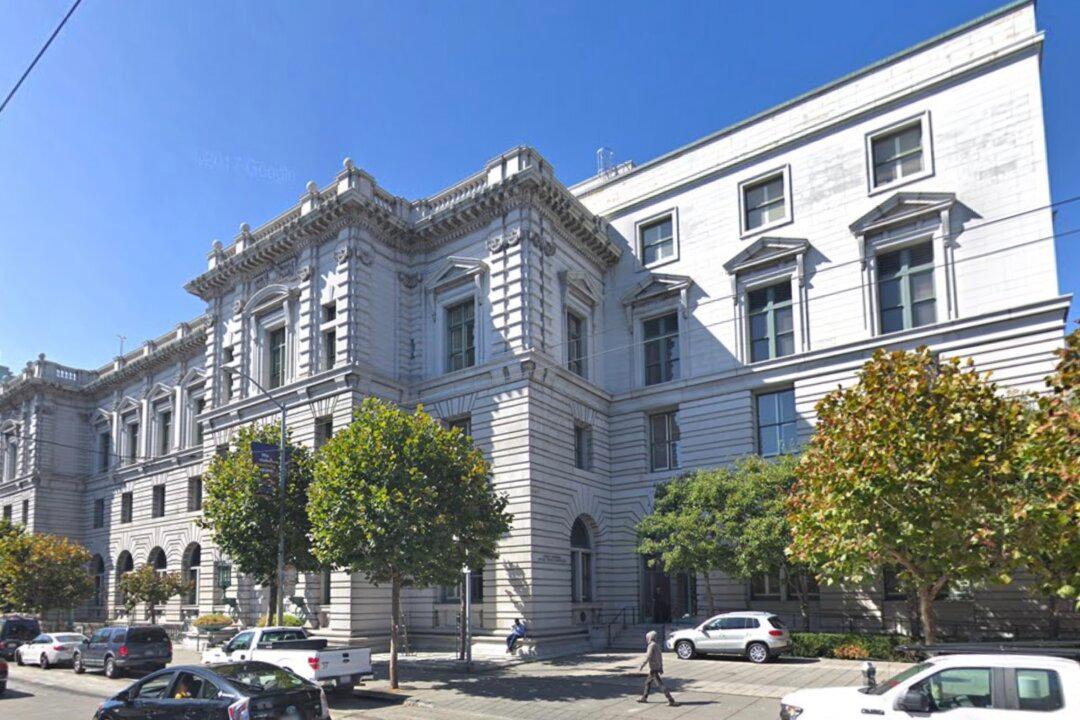The Trump administration scored a partial victory last week when the 9th Circuit of Appeals limited the scope of a nationwide injunction by a San Francisco judge that blocked a policy aimed at curbing perceived abuses of the nation’s asylum system.
The administration criticized the appeals court for keeping the injunction in effect, but lauded it for allowing enforcement of its asylum policy in states outside the 9th Circuit.





